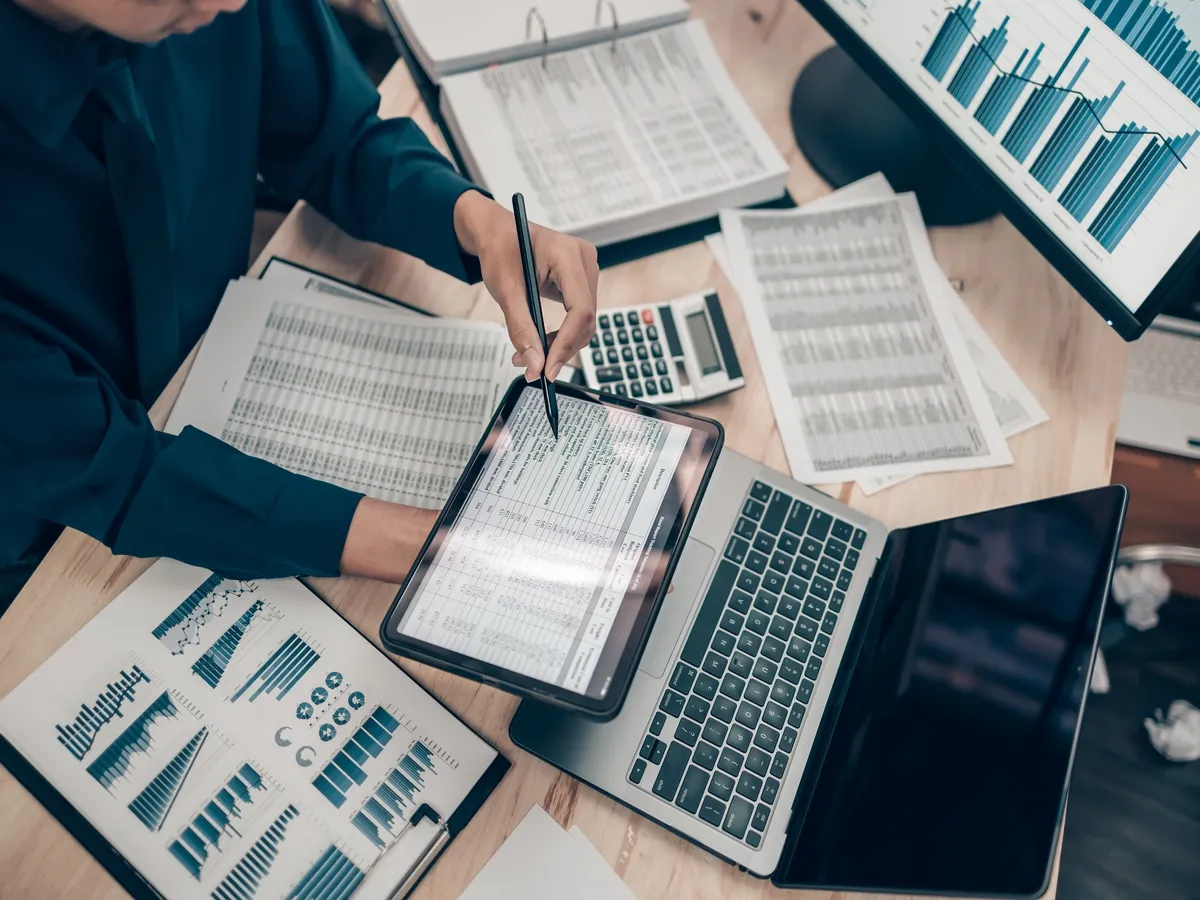Personal Finance News
Tracking your way to life’s aspirations

5 min read | Updated on October 15, 2024, 19:01 IST
SUMMARY
If you always wonder where all the money went at the end of the month, tracking expenses will be valuable. If you start waiting for your next month’s salary to hit your bank account even before the last week of the month has started, you need to track your expenses.

Tracking your way to life’s aspirations
What would surprise you if you were to start tracking your expenses today? Try it out. Track all your big and small expenses for an entire month.
Do it as an experiment and see what comes out. There must surely be some regular expense that you aren’t consciously aware of. Yet, it is a substantial expense. It could be too many visits to the café, your daily online shopping orders or money spent on hobbies. Believe me, there will be a surprise.
If you always wonder where all the money went at the end of the month, tracking expenses will be valuable. If you start waiting for your next month’s salary to hit your bank account even before the last week of the month has started, you need to track your expenses.
Undeniably, this is a very tedious activity. However, it gets easier after you make the framework the first time. Plus, if you add the data diligently for about six months, you will figure out the patterns and may not need to monitor your expenses so closely after that.
The objective of this exercise is to reset your actions and behaviours around controllable expenses and also to rethink how and where you would rather be spending your money.
For example, let’s say you are spending a lot on online shopping. These days it is so easy to buy things online, that we don’t even check if we already have them at home. Over time, this behaviour of impulsive buying becomes wasteful. Moreover, it creates more clutter in your home.
Then in a bid to reduce the clutter, you will have to buy more storage in the shape of boxes or cartons or build more lofts and cabinets around the house. This leads to even more spending. All of this is not very unproductive both financially and emotionally.
If you are taking loans or using credit cards for these purchases, then you need to track your expenses and cut back on the frills. Even if you can afford it and you are paying with your current income, think not just about what you are spending, but rather what you are spending on.
What value will this next purchase add to your life?
Instead, if you didn’t make all these impulsive everyday purchases and bought say a few more green plants for your home, would that maybe brighten up your space and make you happier? Instead, if you bought a few packets of biscuits and snacks for the kids who live under the flyover, would that bring a smile to your face? What if you used the money you saved to put into a travel kitty and used it for an end-of-the-year weekend getaway?
How you spend changes how you feel. The impact is substantial. Cut back on meaningless expenses and replace them with spending on aspects of life that truly matter to you.
It’s not just a behaviour shift but also a mindset shift. It all begins with conscious tracking of expenses.
Now, what’s the best way to track expenses?
Microsoft Excel formats are the best in my opinion. You can get several months of data in a single file, and once you have set up a format of expenses, you just need to copy-paste it to a new sheet in the same file every month and re-enter the details. The details must contain all your fixed expenses like utility bills, payments to domestic help, rent or EMI, subscriptions, and fees. They must also contain monthly variables like personal care expenses, online food delivery, stationery, grocery, etc. You can add as much detail as you wish, and more detail is good as it helps you track better. For example, in monthly car expenses, you can add fuel and parking costs separately and then if you pay anything additional for car washing, that comes up separately too. Groceries can be divided into fruits and vegetables, meats and packaged food, and so on.
If Excel is too much, just download an expense tracking app from your phone’s app store. There are plenty of options available. You don’t need to enter sensitive information like your bank account details if you don’t want to. Be careful about the permissions you are giving the app.
The last method is to keep all your bills, paper and digital and sit at the end of the month and make your piles according to the types of expenses. Then total up each pile to see where you spent how much.
Whatever tool you choose, take this up as a challenge for the last quarter of this year and see where it takes you. Awareness about your expenses is the first step towards making conscious money choices, which then lead you to fulfilling your financial goals. Small steps will enable you to achieve big aspirations.
By signing up you agree to Upstox’s Terms & Conditions
About The Author
Next Story

